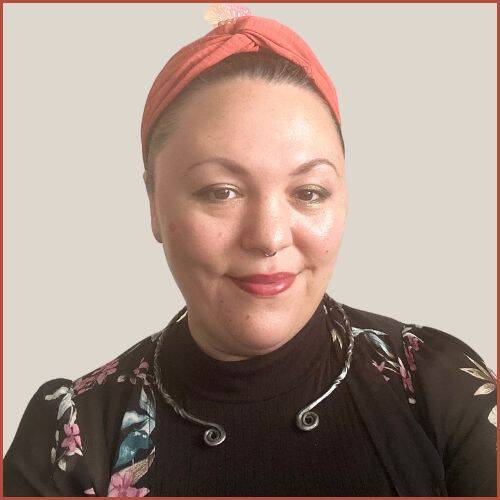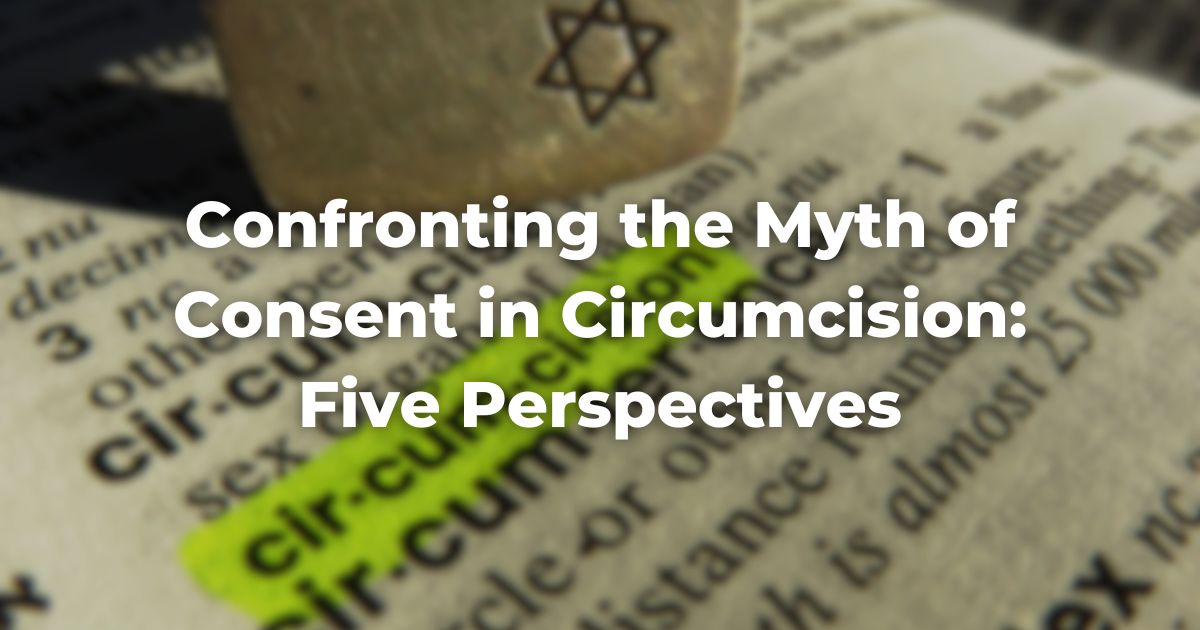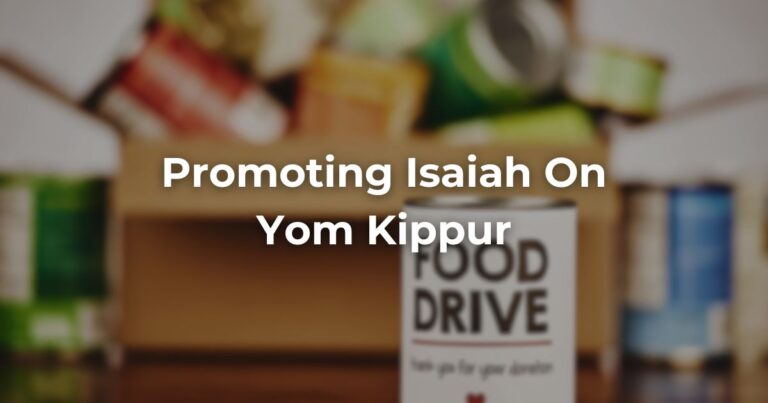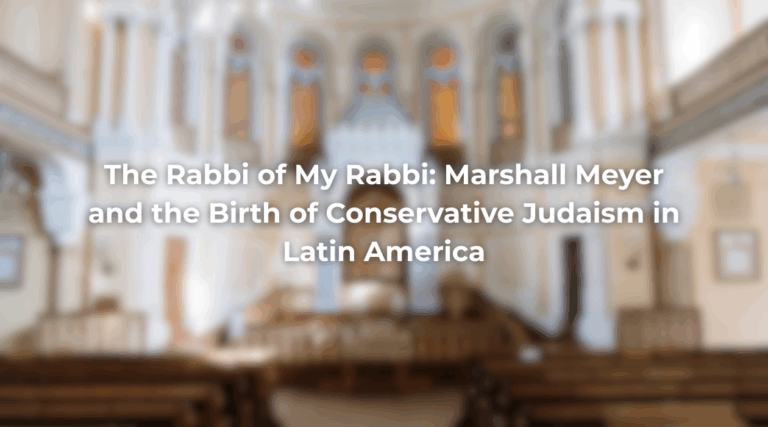Circumcision is one of the oldest and most foundational commandments in TorahRefers to the first five books of the Hebrew Bible, the Tanakh, also called the Five Books of Moses, Pentateuch or the Hebrew equivalent, Humash. This is also called the Written Torah. The term may also refer to teachings that expound on Jewish tradition. Read more.
In American culture, we tend to be preoccupied with individual rights and consent. So, the idea of removing the foreskin of an eight-day-old baby feels uncomfortable for many young Jews.
But, my dear friends, it’s time for some real talk.
Brit milah has nothing to do with consent, and we make the issue more painful if we try to view it through that lens.
Look, I’m not going to BS you: the fact is that your child isn’t able to give consent. After all, he’s a baby and he can’t understand what’s happening. As parents, you’re responsible for making certain choices for your child for precisely that reason; they are physiologically and psychologically incapable of doing it themselves.
I won’t deny it’s a tough position to be in. As a parent, you try to ensure your child’s safety and anything that even has the slightest whiff of danger (like someone cutting off a piece of his flesh) is probably terrifying. I can only imagine how it might tear at your heartstrings hearing your sweet little one crying.
Like any tough issue though, a change of perspective gives us a way to reframe this mitzvah.
The ritual perspective:
Circumcision is foundational to Judaism.
It’s the one of the oldest commandments in the Torah, and one that Jews have observed for more than 2000 years. Circumcision is an integral part of our Exodus from Egypt — our origin story as a people.
It’s connected to the Passover offering, which God commands us to slaughter and eat as a community the night before we finally leave Egypt for good. The Torah states clearly in (Exodus 12:48) that an uncircumcised man cannot partake of the Passover offering. There is an integral connection between the two.
What does that mean? That circumcision is a rite of passage for Jewish boys and helps them be a part of the Jewish community and story.
The practical perspective:
One of the advantages of circumcising the boys so young is that they don’t remember and that they heal quickly..
Many studies suggest that circumcision comes with health benefits, a lower risk of STIs and infection to name just two.
Trying to get a circumcision as an adult male is twice as painful and can be quite a lengthy recovery process (up to six weeks). So, if it’s a matter of pain, delaying it makes it worse.
If you’re concerned about the physical risk of cutting such a sensitive body, I can assure you that the training for this sort of undertaking is extensive — equally for a doctor as well as a mohel (the Hebrew term for someone trained to perform circumcisions according to Jewish law). You’re not going to get the mohel’s apprentice out on his first solo gig.
Do your research! Ask friends who have gone through this before –they’re bound to have recommendations of whom to trust. If you don’t have any such friends, ask a rabbi.
The Jewish world is so small there’s a very high chance the rabbi will either know someone — or be able to do it themselves!
The philosophical perspective:
Many parents question why circumcision is even a commandment to begin with. We are told in Genesis 17:10-14 it’s a symbol of Israel’s Covenant with God, but not why.
Not a very satisfying answer, I know. Plus, you might be thinking to yourself, if God created humans (perfect and in God’s image) yet the foreskin is something is something to get rid of, why even put it there?
It’s a fair question. And while the mysteries of creation are, regrettably, above my pay grade, I can offer you this: we are in constant partnership with The Divine.
Yes, God created the world at the beginning of time, but creation must be renewed and sustained on a daily (even momentary) basis. By necessity, God did about 90% of the work. But there’s still that 10% left, and that’s up to us to finish. Circumcision is a reminder of that.
God knows our nature as humans — our immense strengths and our short-comings as well. God would not have given us a commandment if it were dangerous or harmful to our psychological health. After all, the Torah tell us in Deuteronomy (Leviticus 18:5) that we are to live by the commandments, not die by them.
The cultural perspective:
Though American culture (from its inception) was informed by Jewish values and Torah, there are many points at which the two diverge. Especially today. And circumcision is just one example.
It has to do with how these two cultures see the individual.
According to American culture we are all individuals with rights. However, according to Jewish culture, we are all individuals with responsibilities to God and our collective. Put another way: Jewish culture and American culture have different priorities that sometimes conflict.
Don’t get me wrong, individual rights are necessary. But if we prioritize the individual over the community it’s a recipe for selfishness and loneliness. Because circumcision is a divinely given commandment, it reminds us that we are not the center of the universe.
As a parent, you have unique responsibilities when it comes to your children. Inducting them into the brit (the Jewish Covenant) is one of them.
The mystical perspective:
Torah tells us that a male child must be circumcised on the eighth day of his life. Believe me that this number was not randomly chosen.
According to the sages of our Kabbalah (Jewish mysticism), the number eight signifies eternity, reaching beyond limits, and God. In Kabbalah, God is often referred to as the ein sof (the One who has no end).
Thus, by performing this act for your child on the eighth day of his life, you are not only bringing him into the brit as his ancestors before him, you are powerfully connecting him into this God-given spiritual destiny. You are creating a doorway into all sorts of energetic codes and potentials for your child’s life. In this way, circumcision becomes a highly auspicious and symbolic ritual.
Being a Part of the Jewish Project
I want to reiterate that any discomfort you might feel is appropriate and reasonable. Sometimes in life we have to make hard decisions. But that’s an unavoidable part of being an adult — especially the parent of a young child.
As parents it’s logical that you’re responsible for feeding and clothing your son. That same responsibility extends to making sure he’s part of the Jewish project.
We are charged with passing the Torah to the next generation and teaching them to value it. Jewish continuity doesn’t happen by itself. We are a people that has survived multiple wars, oppression and genocide; we’ve come out from each of those stronger than ever because Judaism gives us the tools not only to survive but thrive.
One of those tools is the knowledge that we are not alone, but we belong to a collective, the Jewish collective. Circumcision is a powerful symbol of that.
There is no time like the present to find your sense of Jewish pride and lean in! Be proud to belong to such an ancient tradition and be proud that you’re ushering in the next generation.
Author
-

Malka Michél was born and raised in Honolulu, Hawaii. She is the proud daughter of an Ashkenazi father and Sephardic mother with Converso roots. She was a fellow in the first cohort of the Exploring Judaism's Writer's Fellowship. Malka regards her upbringing on the western extreme of the American Jewish Diaspora as having an enormous influence on her outlook as a Jew and the deep spirituality she cultivated as a child. As an intuitive and highly creative and soul, it was natural for Malka to pursue degrees in Western Classical music and performance. Seeking to reclaim a critical part of her Jewish identity, Malka taught herself Hebrew and then completed three years of cantorial school at Hebrew Union College in Jerusalem and New York. During that time, Malka fell in love with Hazzanut but longed to know more about the rich, beautiful and often challenging world of Jewish text. So, in 2020 Malka began her journey at the Ziegler School for Rabbinic Studies in Los Angeles. Malka sees her circuitous journey to the rabbinate as essential in shaping her as a person and a rabbi.
View all posts




